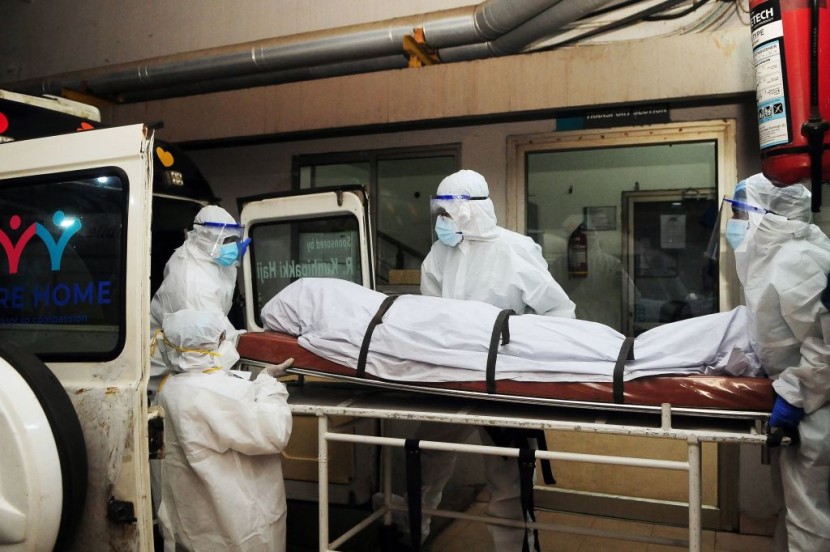
After two people died from the uncommon and frequently fatal disease, a state in southern India is taking action to control the outbreak of the Nipah virus, closing schools and conducting hundreds of tests to stop its spread.
The virus has been found in Kerala's Kozhikode district, according to the state's chief minister, Pinarayi Vijayan, who urged locals to take precautions and abide by the health department's safety regulations, as per Fox News.
Southern India Takes Swift Measures to Contain Nipah Virus
In a statement he released on Wednesday, he stated that two people have lost their lives as a result of the illness, which is the state's fourth pandemic since 2018. Nipah is a zoonotic virus, which means that it can be transmitted from animals to humans, according to the World Health Organization (WHO).
On the other hand, it is also possible for it to spread from person to person or through contaminated food. Morover, the source of the virus is often fruit bats, also known as flying foxes. People can contract an infection if they come into contact with bat saliva or urine, contaminated fruits, or other bat-contaminated items.
This makes it crucial to investigate the source of the outbreak and implement measures to minimize interactions between humans and potentially infected animals. According to the Centers for Disease Control and Prevention (CDC) in the United States, the virus has the potential to cause illness of varying degrees of severity.
Based to the Centers for Disease Control and Prevention (CDC), symptoms typically begin with a headache and exhaustion but rapidly progress into coma within a few days.
In addition to this, it can cause potentially fatal cases of encephalitis, which is an inflammation of the brain, as well as acute respiratory syndrome, a condition in which the lungs are unable to supply the body with a enough amount of oxygen. There is currently no immunization available, and the only therapies available are supportive care.
More than 700 people who have been identified as close contacts are currently being tested for the virus, according to Veena George, the minister of health for the state of Kerala, who spoke with media on Wednesday, CNN reported.
Understanding the Symptoms and Potential Severity
Nipah virus (NiV) infection can result in mild to severe illness, including brain swelling (encephalitis), and even death.
Typically, 4-14 days after a virus exposure, symptoms start to manifest. The illness usually includes symptoms of a respiratory illness, such as coughing, sore throat, and difficulty breathing, and typically begins with 3-14 days of fever and headache.
Drowsiness, disorientation, and mental confusion are common symptoms of the ensuing phase of brain swelling (encephalitis), which can quickly develop to coma within 24-48 hours. Initial symptoms could involve one or more of the following:
Fever
Headache
Cough
Sore throat
Difficulty breathing
Vomiting
Severe symptoms may follow, such as:
Disorientation, drowsiness, or confusion
Seizures
Coma
Brain swelling (encephalitis)
In 40-75% of instances, death may occur. Survivors of Nipah virus infection have reported long-term negative effects such as chronic convulsions and behavioral abnormalities.
Dormant or latent infections, which manifest symptoms and can result in death much later after exposure, have also been documented months or even years later, according to the CDC.
© 2026 HNGN, All rights reserved. Do not reproduce without permission.








